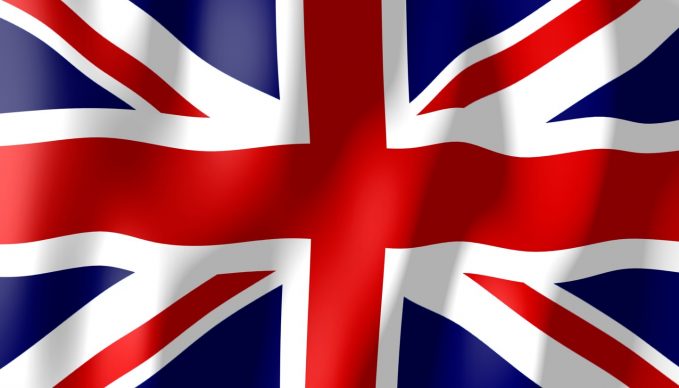
UK economy rebounds after recession
Britain’s economy rebounded in January, official data showed Friday after it narrowly avoided recession in the fourth quarter despite soaring inflation.
Gross domestic product grew 0.3 percent, the Office for National Statistics said in a statement, as the services sector offset poor performance by construction and manufacturing.
GDP had dropped 0.5 percent in December amid widespread strikes as many workers protested over pay that has failed to keep pace with runaway inflation.
“The economy partially bounced back from the large fall seen in December,” said ONS director of economic statistics Darren Morgan.
“The main drivers of January’s growth were the return of children to classrooms, following unusually high absences in the run-up to Christmas, the Premier League (football) clubs returned to a full schedule after the end of the World Cup and private health providers also had a strong month.
“Postal services also partially recovered from the effects of December’s strikes.”
Britain dodged recession last year, but is forecast to contract throughout this year according to the Bank of England.
Output has been dogged by decades-high UK inflation, despite a recent easing, and hit also by rising BoE interest rates.
The economy had registered zero growth in the final three months of last year, after shrinking 0.3 percent in the prior three months.
That avoided a technical recession, which is defined as two straight quarters of economic contraction.
The ONS warned however on Friday that the economy registered flat growth in the three months to January.
And GDP was also flat in January compared with the same month a year earlier.
“This tallies with the idea that the UK economy is going to shrink overall this year, even if a technical recession is avoided,” said Hargreaves Lansdown analyst Sophie Lund-Yates.
“The takeaway for businesses is unfortunately that things are going to remain very challenging, with stagnation a likely scenario for some time.”
Monthly GDP was meanwhile estimated to be O.2 percent below its pre-pandemic level.
Friday’s data was meanwhile published one week before British finance minister Jeremy Hunt’s budget.
“In the face of severe global challenges, the UK economy has proved more resilient than many expected, but there is a long way to go,” Hunt said in response to Friday’s data.
“Next week, I will set out the next stage of our plan to halve inflation, reduce debt and grow the economy – so we can improve living standards for everyone.”
Global inflation last year reached the highest levels in decades as the invasion of Ukraine by Russia sent energy and food prices higher.
The UK Consumer Prices Index peaked at an annual rate of 11.1 percent in October before falling to 10.1 percent last month.
AFP
Punch





